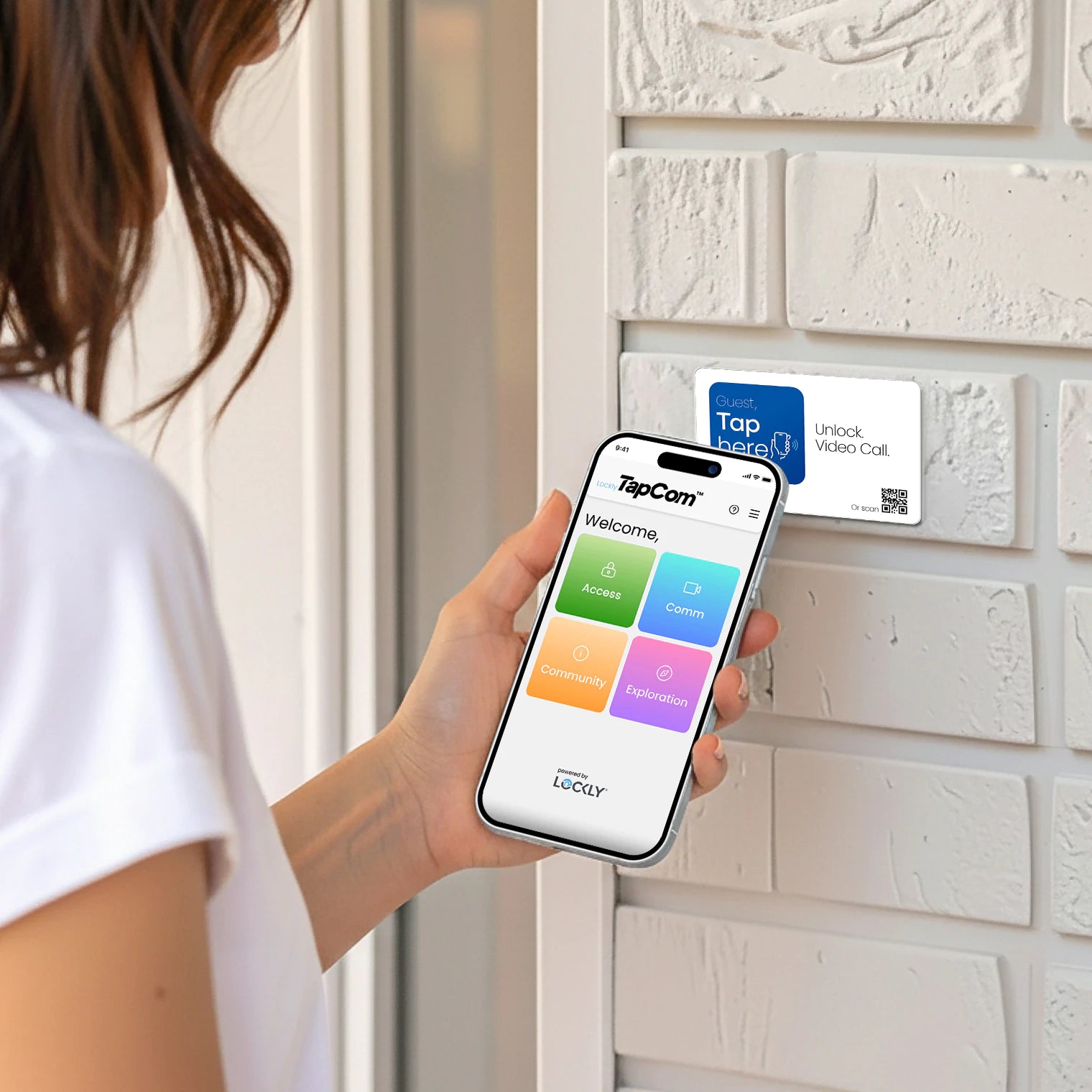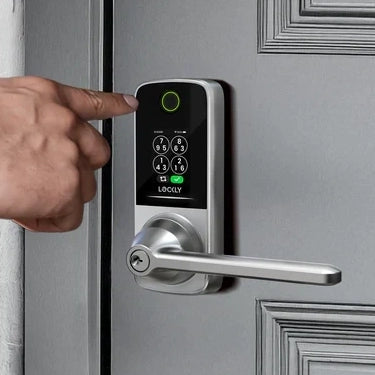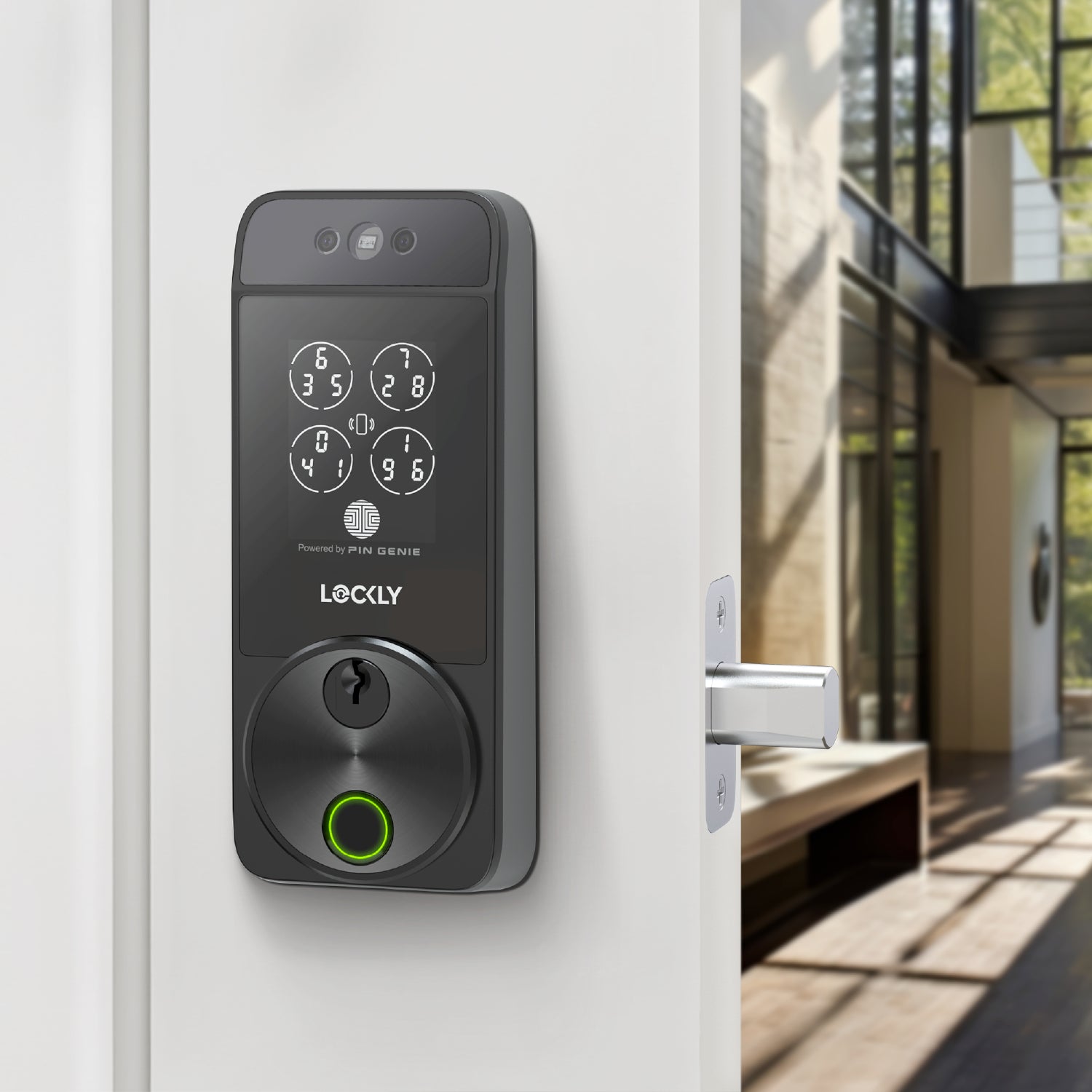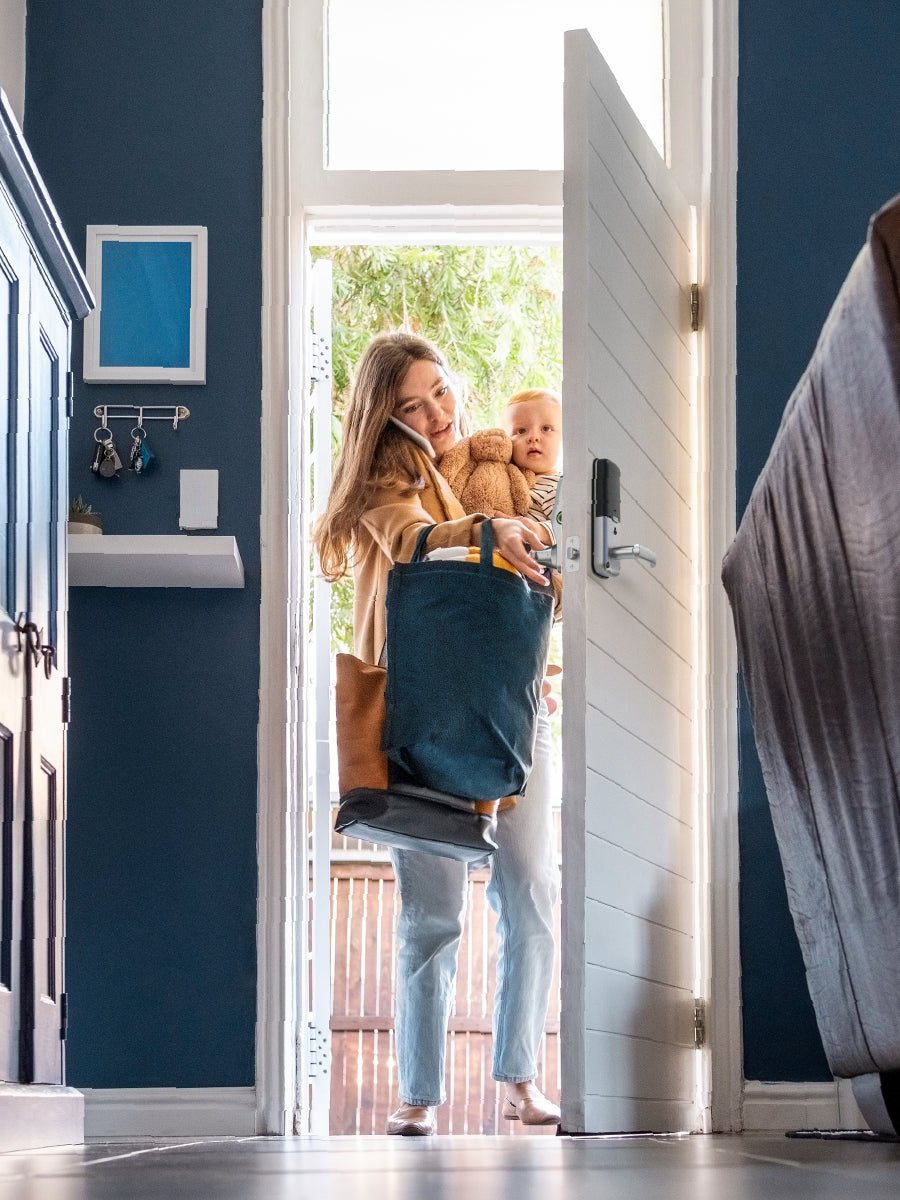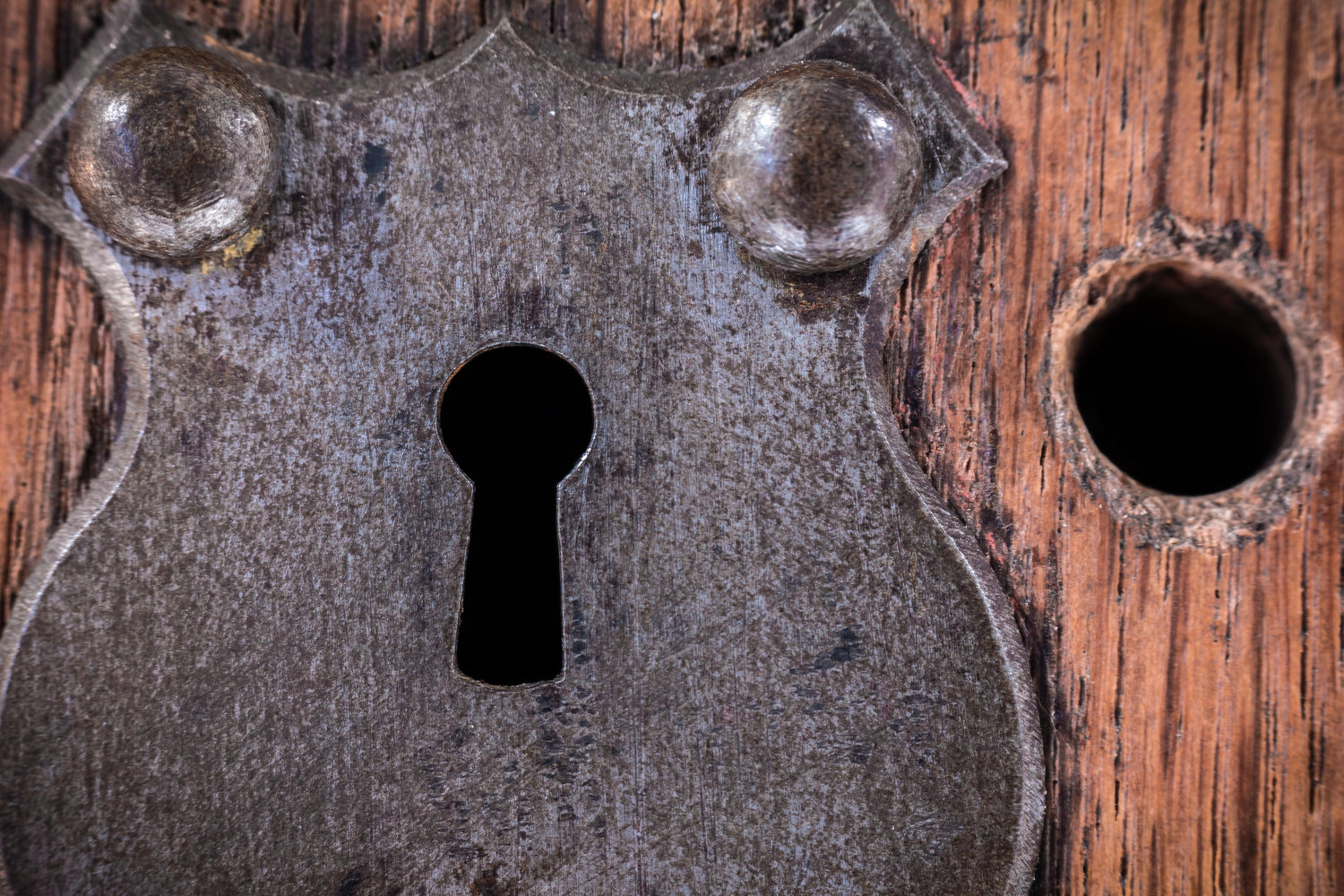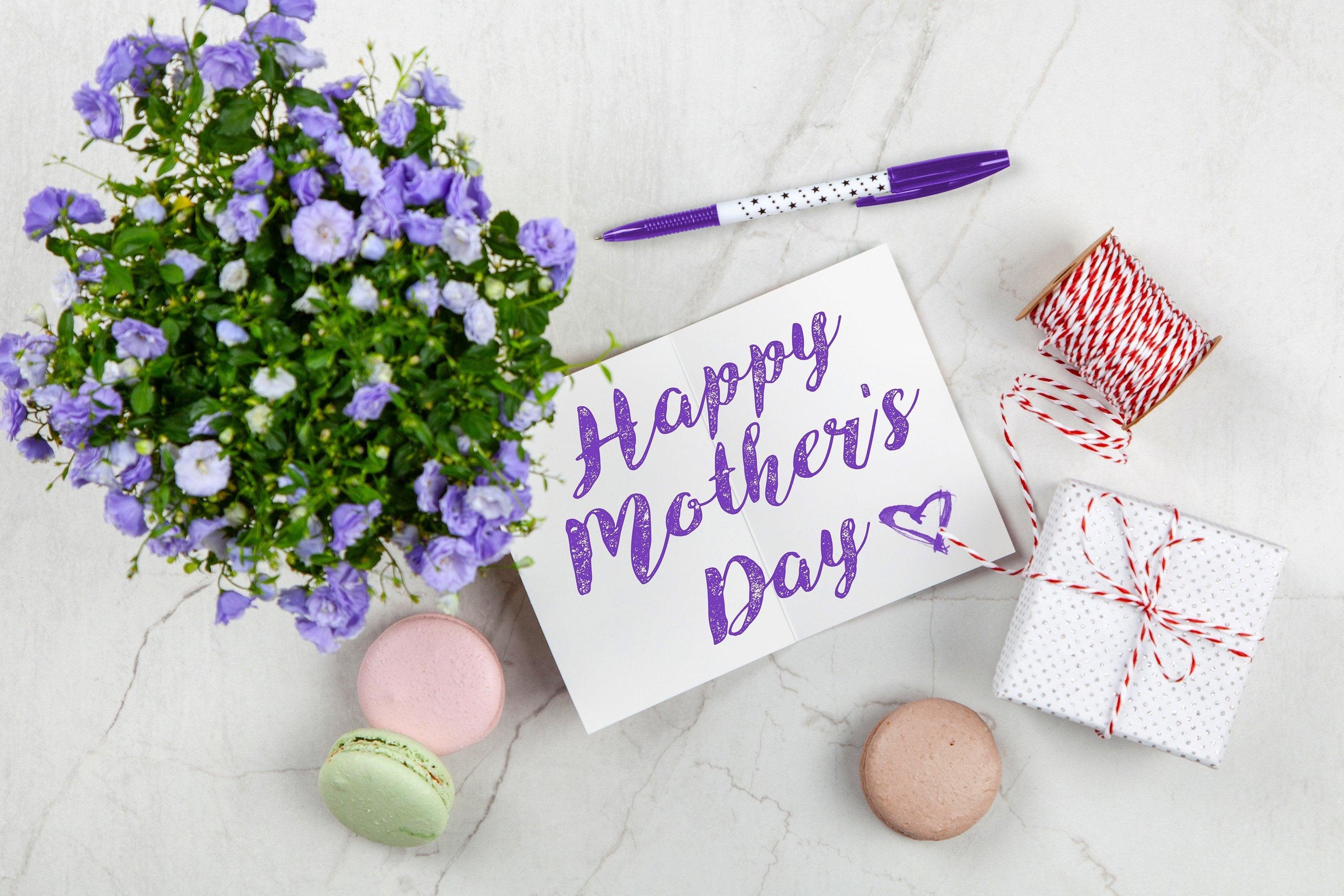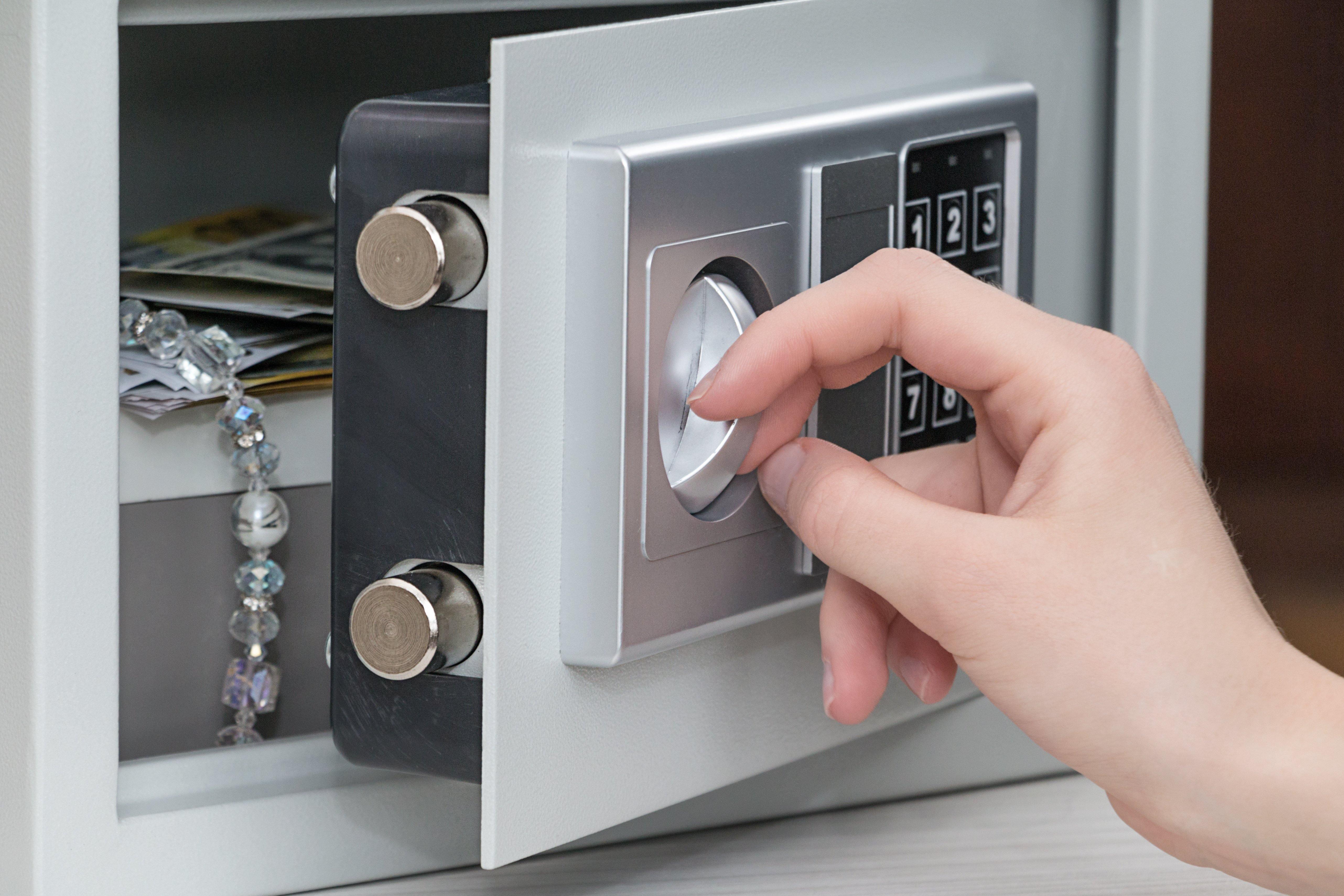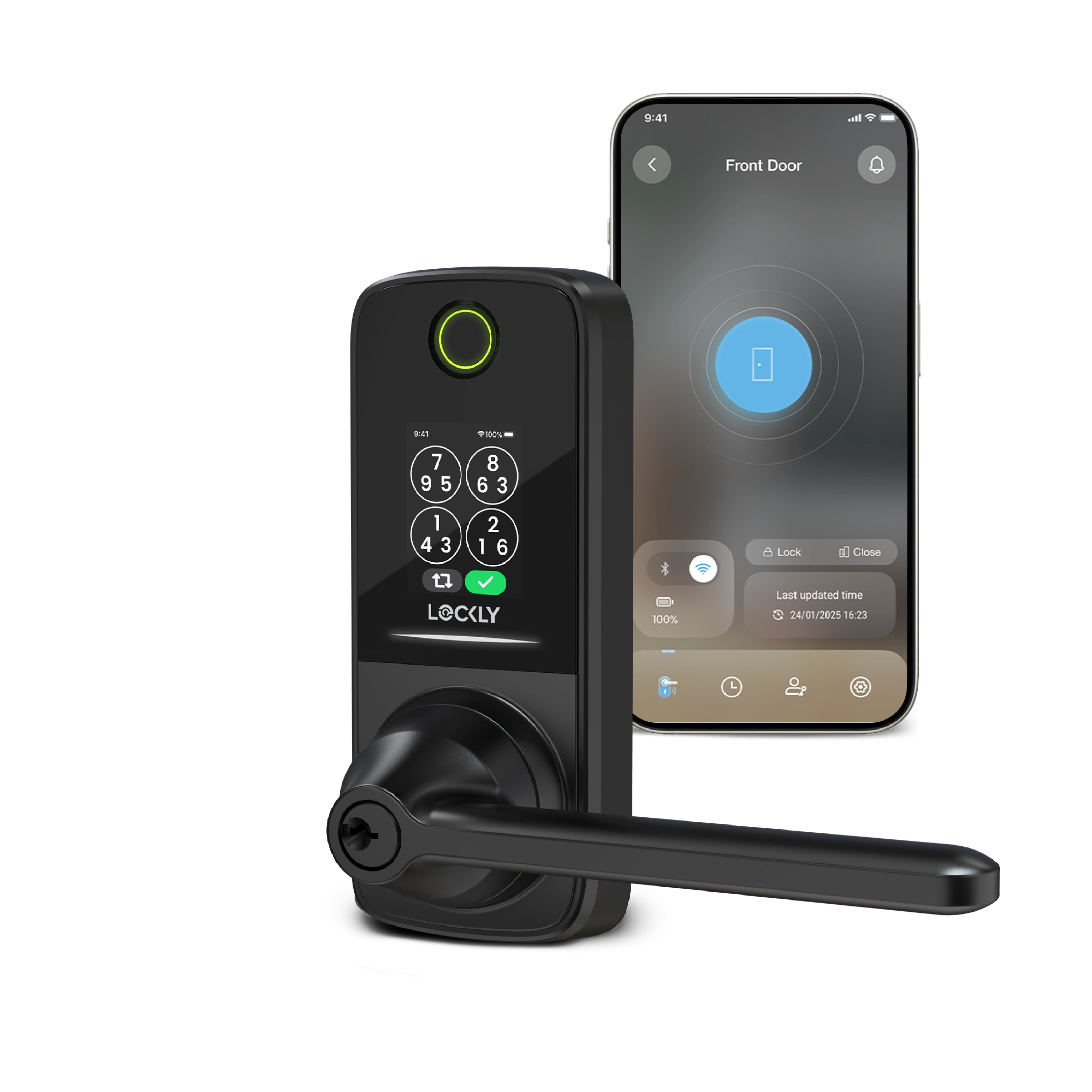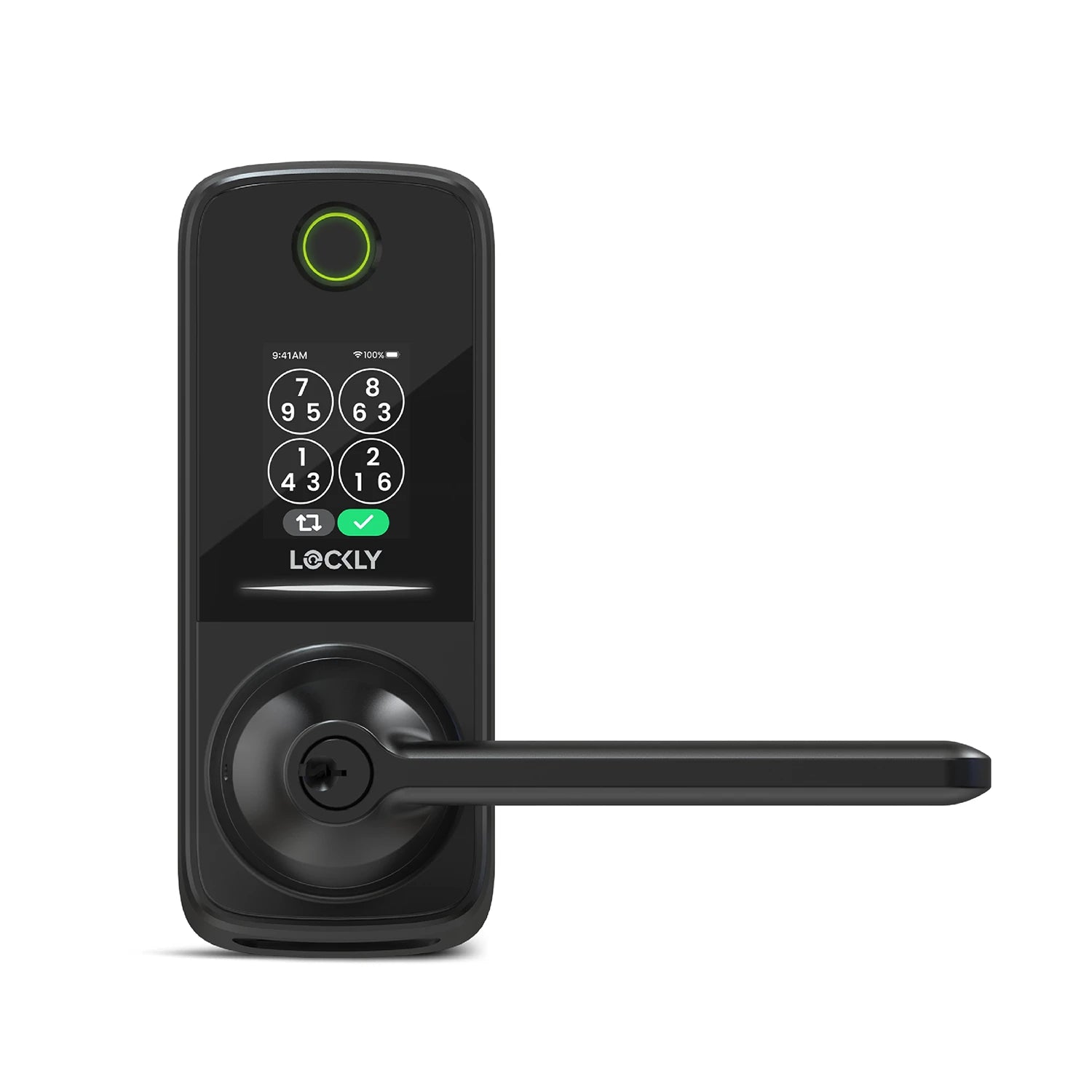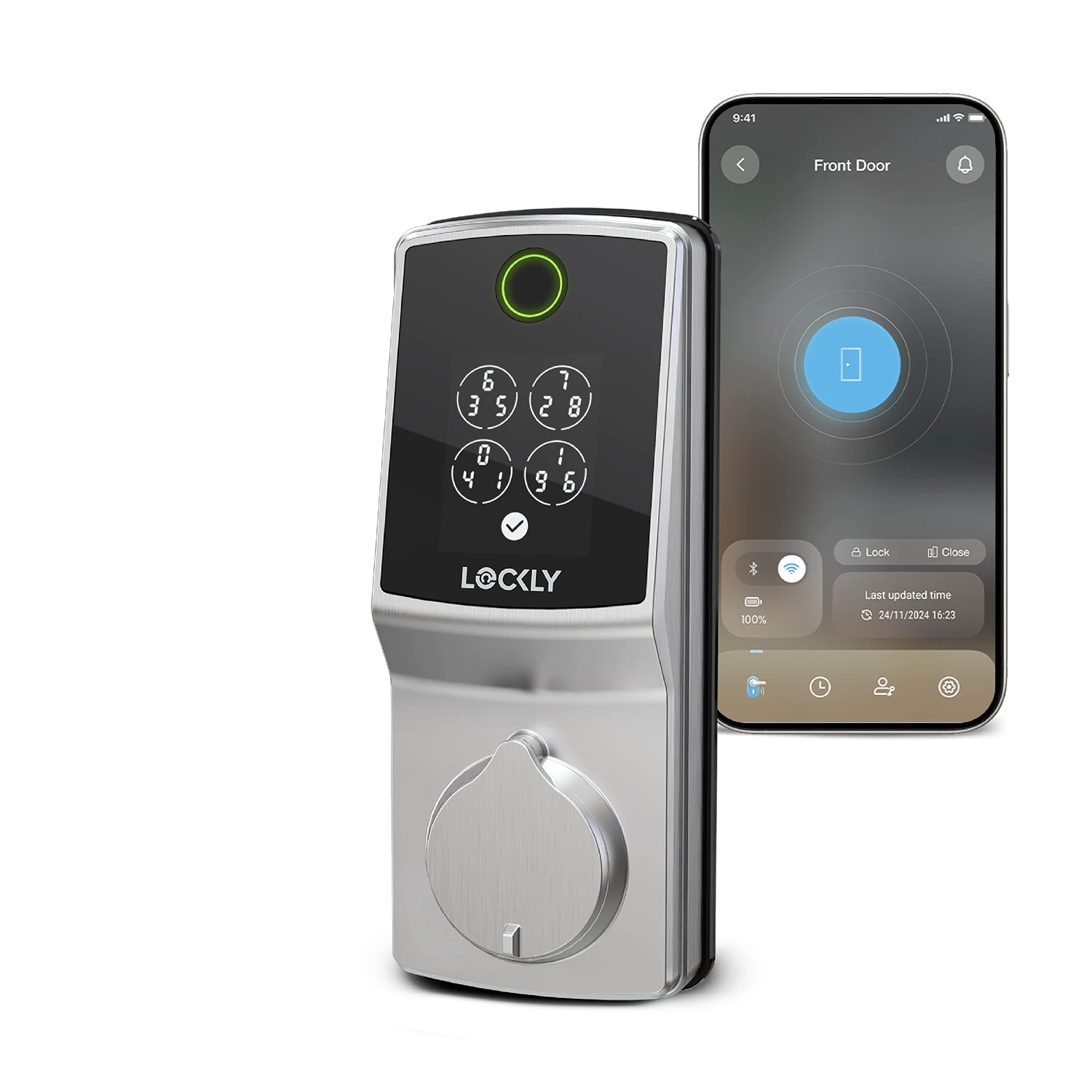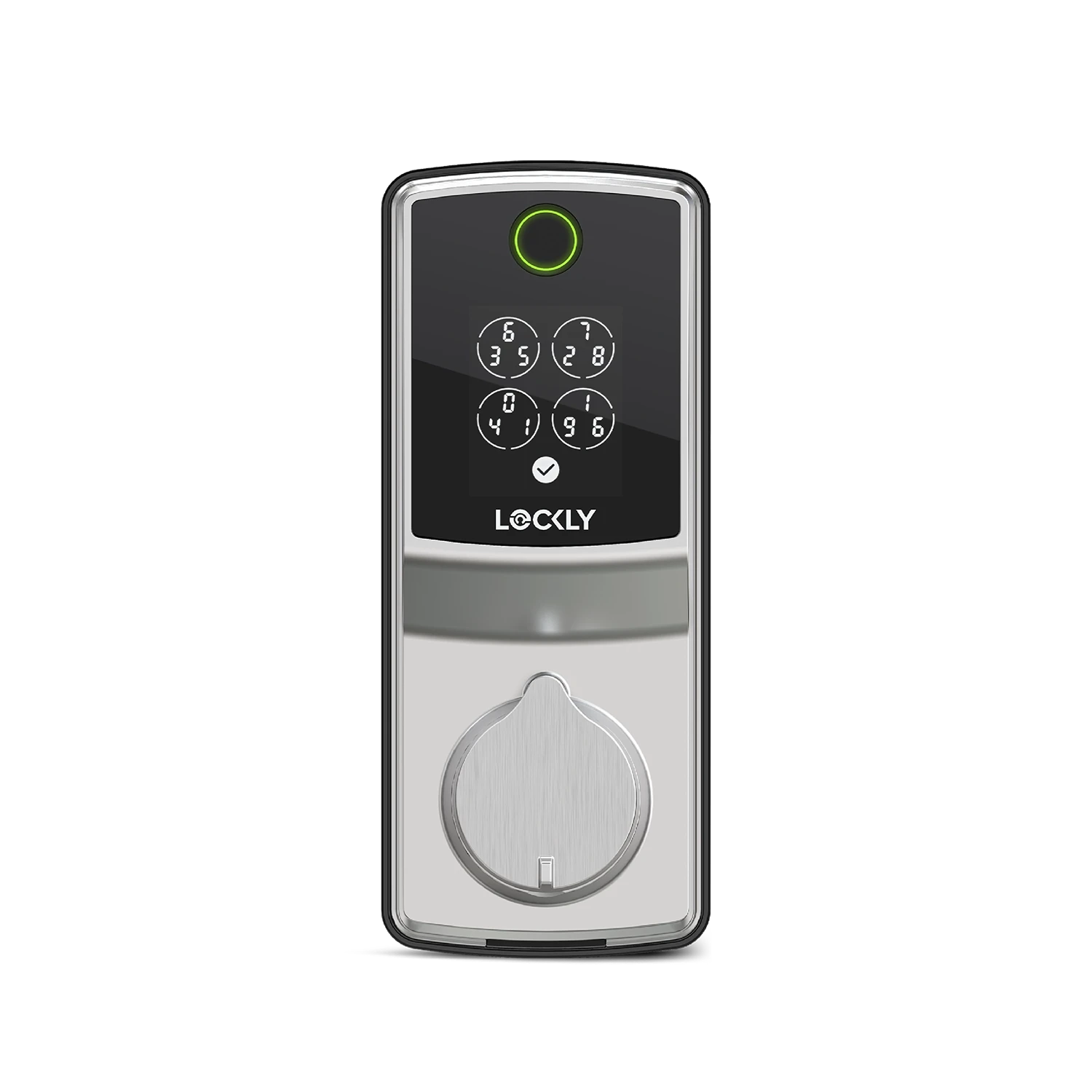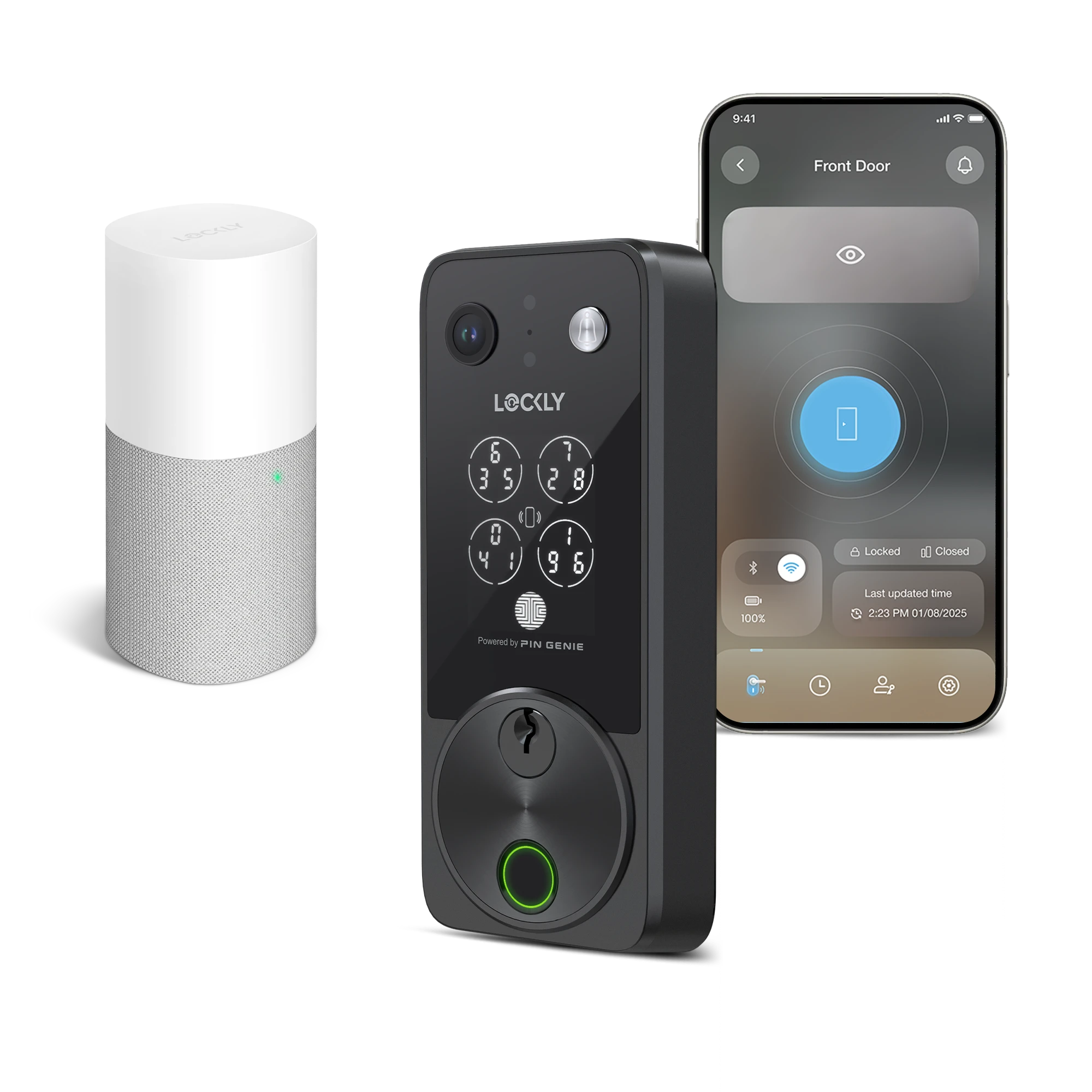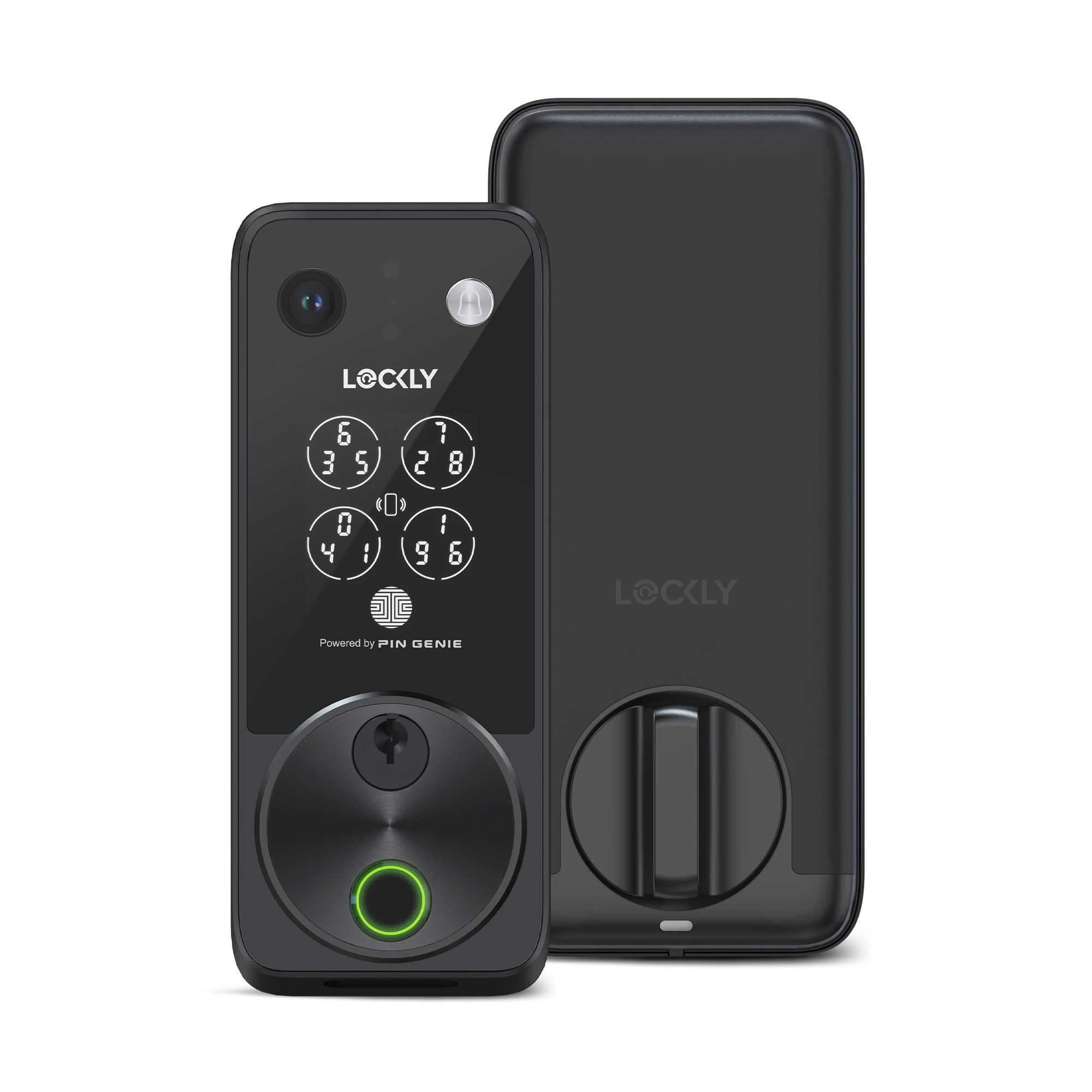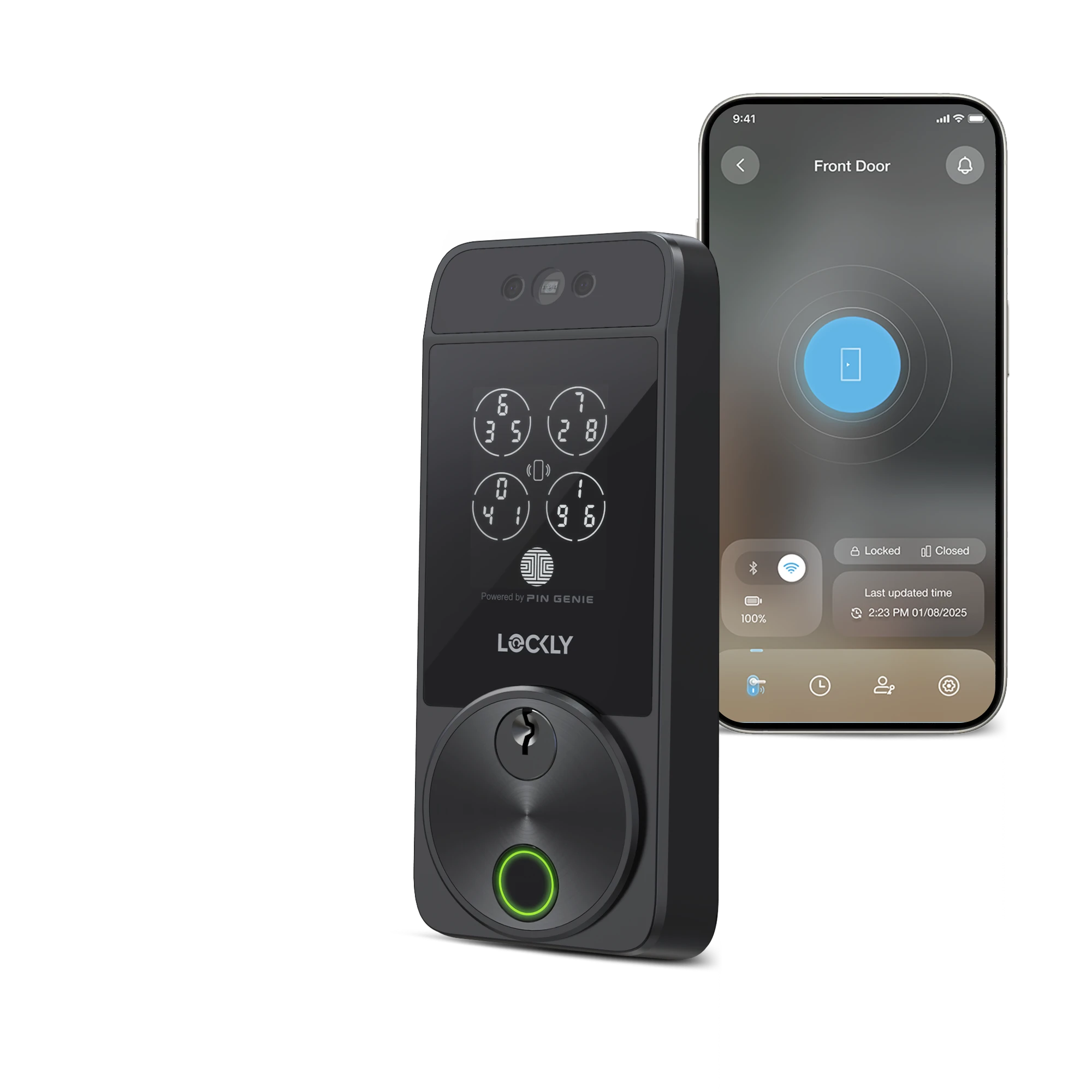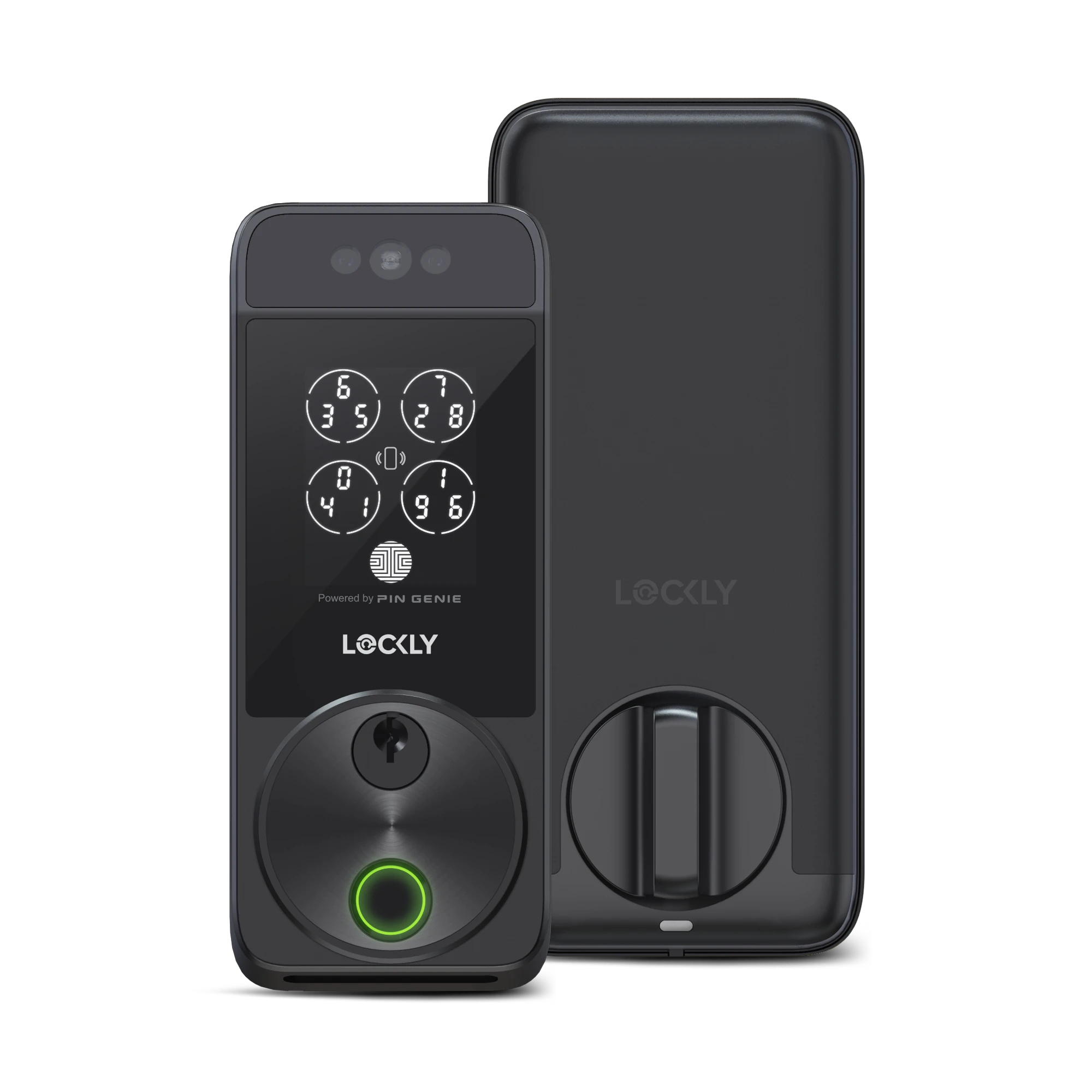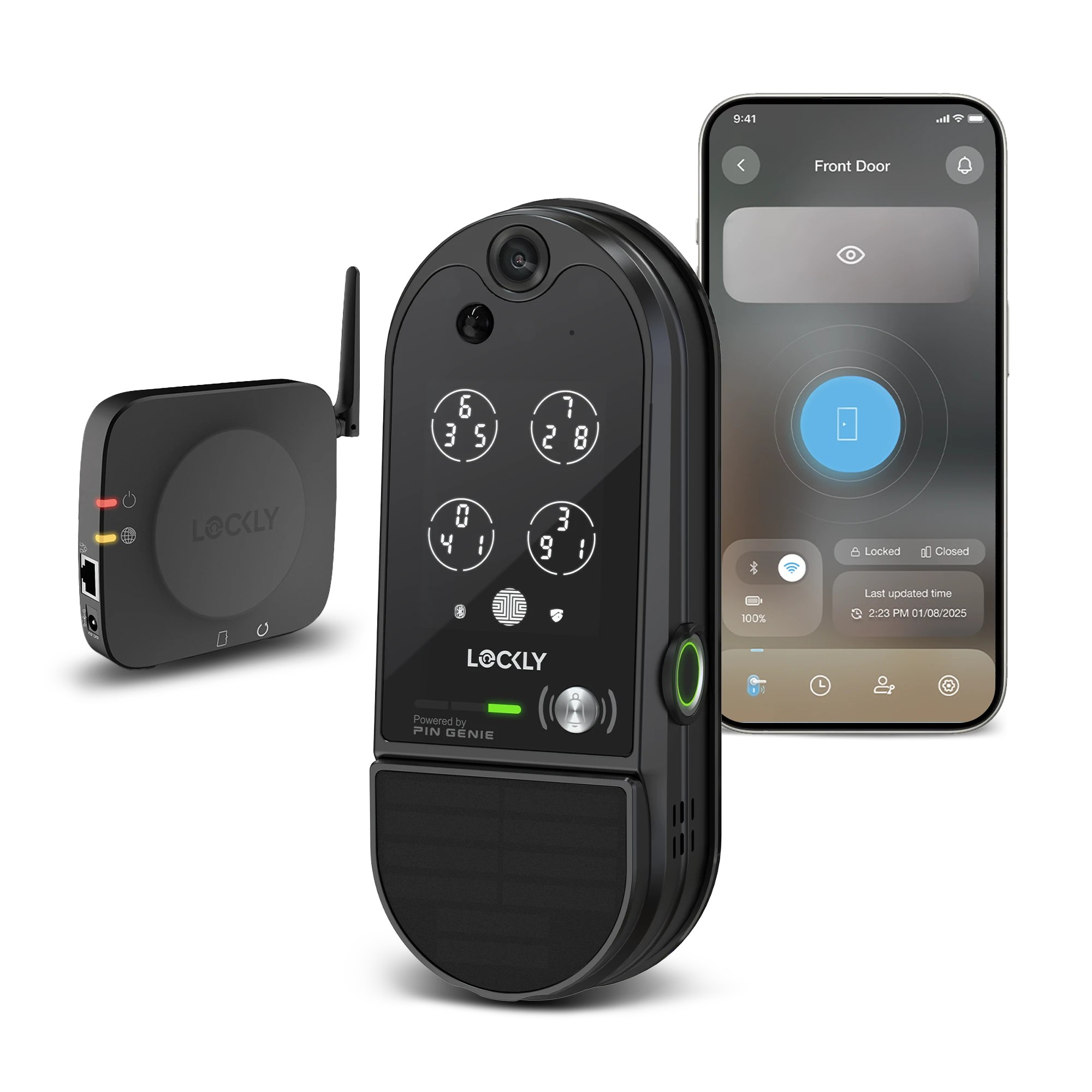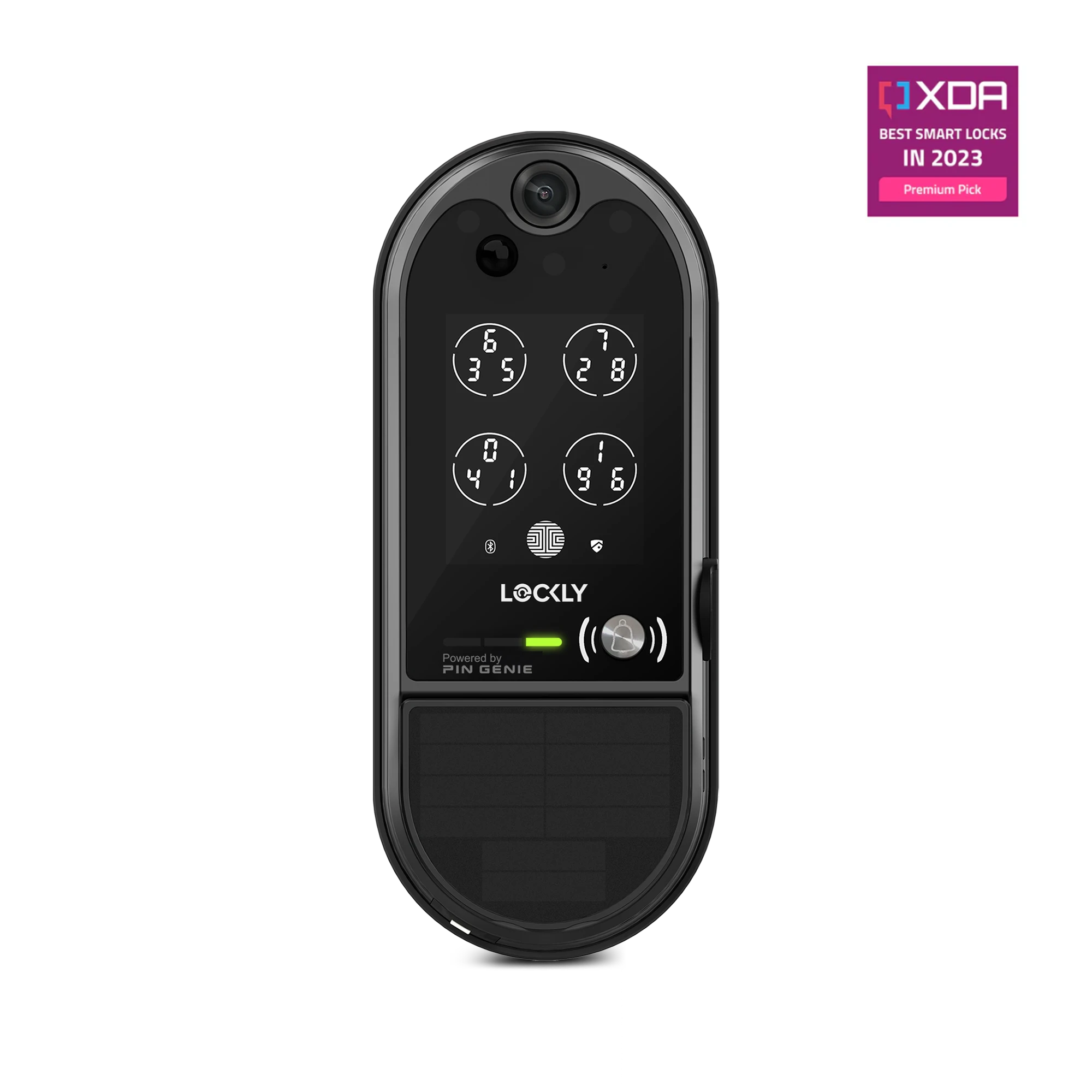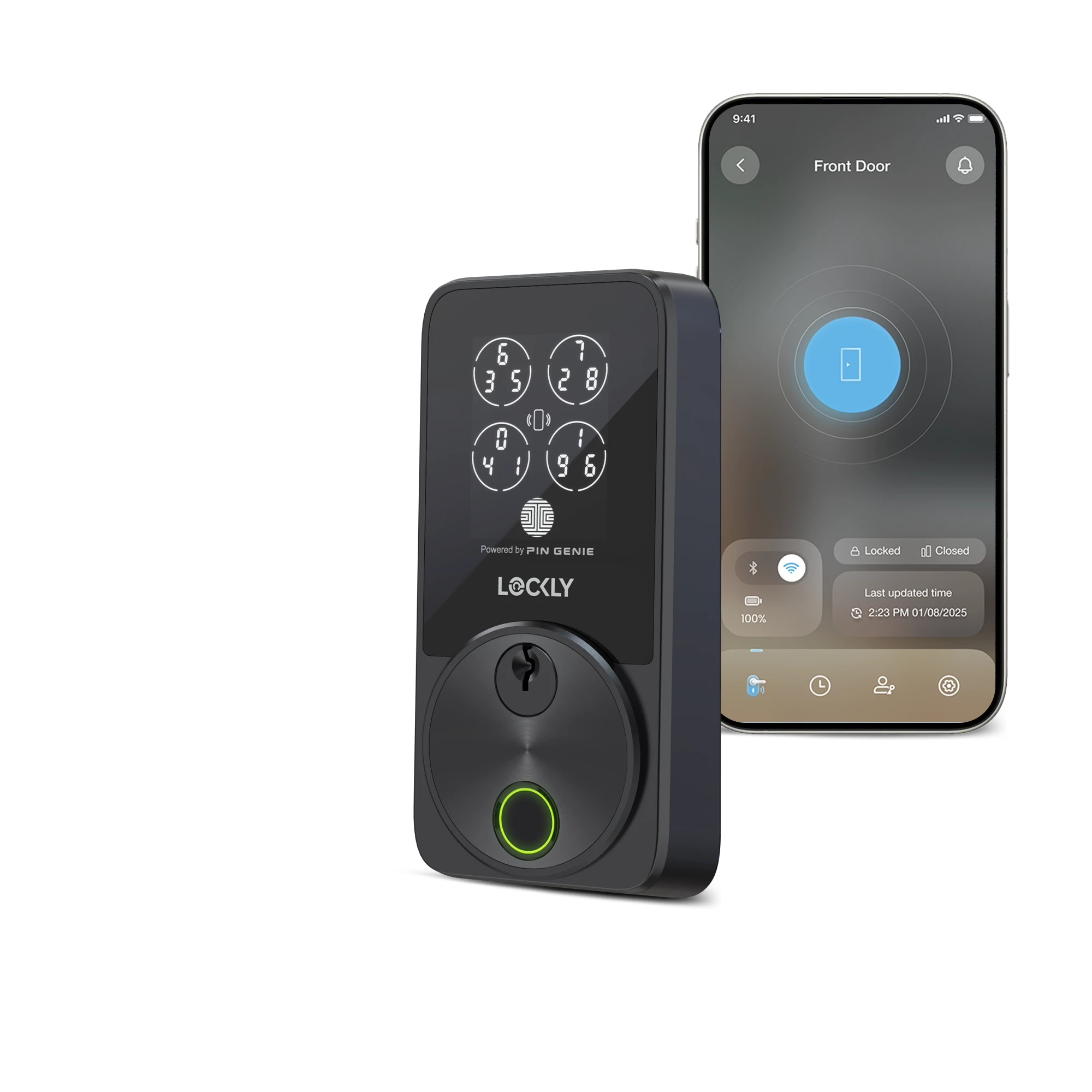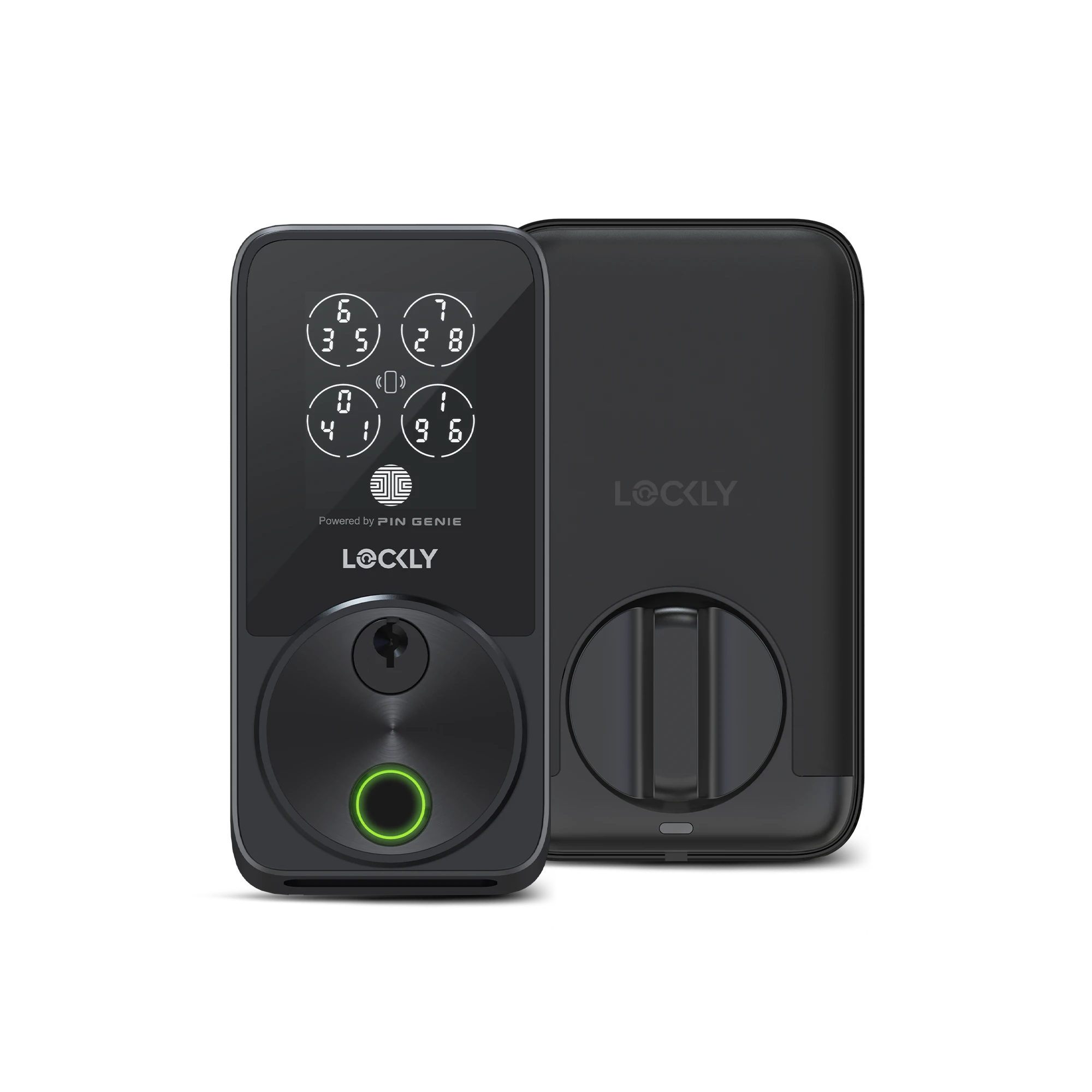Of all the technology you interact with on a daily basis, you probably pay the least attention to the locks that protect your house and belongings. Locks and keys have been an integral part of civilization for centuries and are currently undergoing a rare transition from lone mechanical devices to connected electronic devices.

This transformation is one of the most drastic innovations in locks since a basic pin tumbler lock was invented 6000 years ago. Where mechanical locks let us leave our possessions secure and unattended, electronic smart locks afford us the ability to personalize security and know who is entering and when.
The origins of the lock
Before we talk about the advancements of today, let’s rewind six thousand years.
The earliest known locks were uncovered in the city of Nineveh, which is in modern-day Iraq. The rudimentary system was estimated to be made in 4000 B.C when the region was under rule by the Mesopotamian kingdom of Assyria. It was a wooden pin lock with the same underlying principle as a modern-day lock and was invented at a point in history where securing your belongings meant posting a sentry at the door.
The Egyptians then improved on this design, swapping wood for brass. The pin lock then spread to Greece and the Roman Empire after.
Trivia: The Romans often wore their keys as rings so that others knew they were wealthy enough to have items that required protecting.
The evolution into modern locks
English craftsmen did create a metal warded lock in the Middle Ages - remember the large clunky keys in castles? - although they were easy to pick. However, as with most of the technology we use today, lock making took a massive leap forward during the Industrial Age.

Robert Barron successfully patented a double-acting lever tumbler lock in 1778 that required levers to be lifted to differing heights, making it harder to pick, but not impossible. This sparked off a race in the UK to develop the most secure lock.
In 1784, Joseph Bramah created a highly secure lock that improved on Barron’s design. So confident in his lock, he offered 200 gold guineas to the person who could pick it. The lock weathered many attempts until the Great Exhibition in 1851, where locksmith Alfred C. Hobbs from America successfully picked it (in 51 hours). This is widely considered the point where the US overtook England in locksmithing.
Making locks smarter
The invention of the time lock in 1873 by James Sargent was the first foray into smart locks. This was a lock that would only open at a set time. Sargent took it a step further in 1880 with time delay locks that opened after a set time.
He planted the idea of a lock that opens for a specific person; an idea that gripped the locksmiths of the 20th century. The invention of the electronic keycard lock brought the idea closer to reality.
In the last few decades, locks have begun to use a range of authentication methods, from passwords and pins to fingerprint and facial recognition. Until lately though, this form of technology was restricted to governments and businesses due to the cost involved.

But, as the Internet of Things (IoT) grew, companies like Lockly began looking for new ways to bring the rapidly growing technology into people’s homes, and finally, do away with the easy to copy and lose physical key. Lockly’s smartphone app lets one create access codes for friends and family while the patented PIN Genie™ system ensures the code cannot be used by anyone unwelcome. Moreover, the optional fingerprint scanner streamlines the process further, making it possible to enter your house with a simple tap.
We have been using keys with the same underlying principle for millenniums, but as Lockly’s innovations show, the future of locks is much simpler, advanced, and secure.

